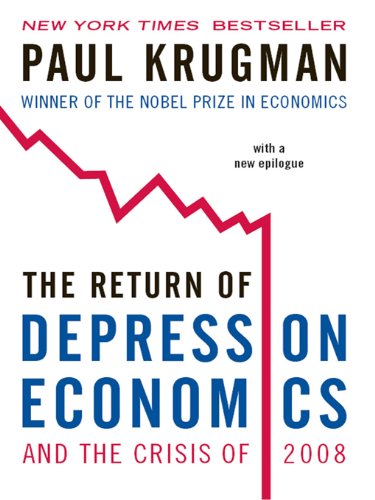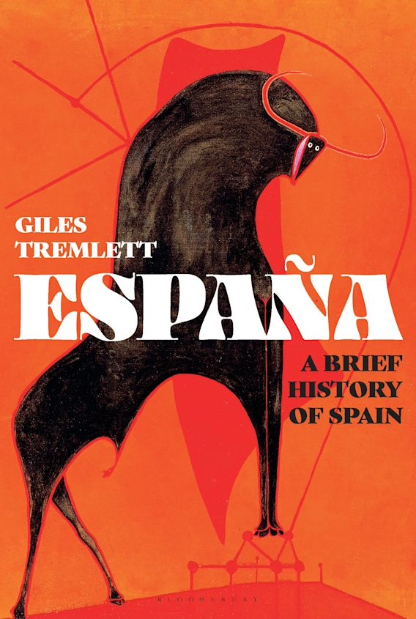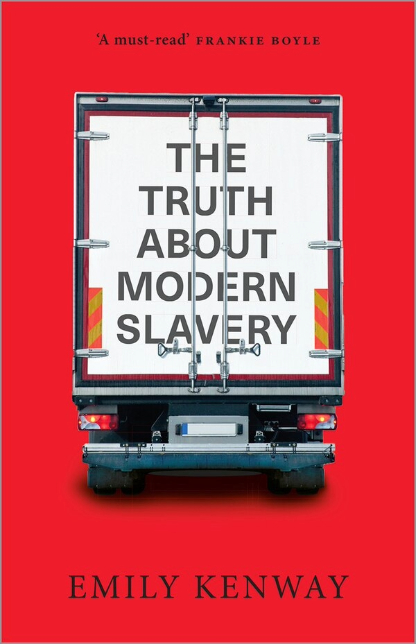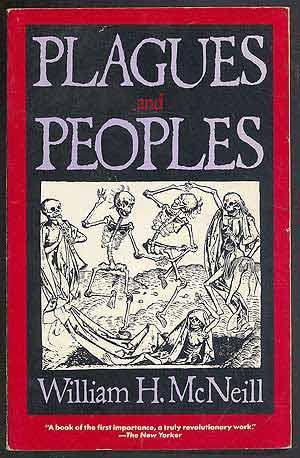The BBC: Myth of a Public Service, Tom Mills, Verso Books, 2016, pp. 266, ISBN 978-1-78478-482-9
The British Broadcasting Corporation (BBC) occupies a mythical position in the field of journalism. Praised as the standard-bearer of ethical journalism, it is to this outlet that people turn to get their information. As of June 2019, it had a weekly global audience reach of 426 million, marking a 50 million over the year increase. Commenting on the success, BBC Director-General Tony Hall remarked that “Every day our teams do an amazing job bringing independent, impartial news to audiences around the world, and today we can see just how much the BBC is valued.” He continued to attribute the success to the government investment, which has allowed the Corporation to expand.
In his 2016 book, Tom Mills, lecturer in Sociology and Policy at Aston University, questions the much-lauded impartiality and independence claimed by the BBC. He traces the Corporation’s historical development from the 1920s and examines its links to the State, by analyzing the structure, the people, and the views that make up the BBC. Mainly focusing on domestic issues in Britain, Mills shows that while the BBC enjoyed periods of relative autonomy where its journalists could question authority, this was overwhelmingly not the case. Throughout its history, Mills claims, the BBC has remained subservient to the interests of the State and the privileged classes of the society, as reflected in its content and agendas. In the BBC, Mills finds evidence of elite bias, marginalization of alternative and oppositional perspectives.
BBC’s identification with a particular set of government institutions and governing arrangements influenced its culture and editorial practices. From 2007 to 2017, the Corporation was led by the board of governors who set ‘the overall strategic direction,’ which approved programming strategies and allocated budgets. The appointments to the board were officially made by the Queen, on the recommendation by the government ministers. Among the 12 members of the board, we could find, among others, the CEO of BAE Systems, a multinational defence and security contractor and a former CEO of Maizels, Westerberg & Co, a leading investment banking firm. Since 2017, the regulatory functions have been transferred to Ofcom, a UK government regulatory authority. Nonetheless, up until 2017, the BBC Trust board members got to appoint the Editor in Chief and the Director-General, who were responsible for implementing the strategies.
The ultimate direction, therefore, rested in political appointees who were chosen based on their compatibility with the view of those who were doing the appointing. A certain distance from the state allowed the BBC to consequently conflate objectivity with the State.
Mills analyzes this claim from the beginnings of the BBC. At the time of its founding in the 1920s, Britain was in the midst of her first and only general strike, led by the Trades Union Council. At the time, the BBC was accountable to the postmaster general, who was also responsible for conducting operations aimed at breaking the strike. When the strike suddenly ended, the BBC read out the version of events it was supplied with by the government verbatim. In the chapter on the relationship between the BBC and the Secret Service, Mills maintains that from the 1930s to the 1980s, the Secret Service exercised veto powers over appointments to ‘sensitive positions’ on the BBC. Persons whose political views were deemed too radical by the MI5 were denied employment. The vetting process was encouraged by the BBC, in order, as it stated, to ensure impartiality. Even then, the vast majority of its journalists hailed from Oxbridge, with shared culture and class interests dominating the newsroom.
According to Emma Briant, a counter-terrorism propaganda expert, who Mills cites in the book, to this day the office of the Director-General receives weekly briefings from the Joint Intelligence Committee, a body that oversees the secret agencies of the State, “on the right line to take on whether something is in the national and operational interest to broadcast.” While it is a reasonable request to expect in a time of sensitive operations, it is easy to see how this can be abused.
The BBC and the State engage in sharing of information, which naturally affects the content of the Corporation. Historically, the content has been aligned with the view of the State. In the interwar period, the BBC was a “willing, even evangelical supporter of Empire,” it supported appeasement when the government did, while it subsequently readied for war. It produced anti-Nasserite propaganda, with the information supplied by the Information Research Department. In the initial stages of the war in Iraq, it failed to produce content representing the opposition to the war and only started shifting its perspective when even the government realized how unpopular it was. Essentially, the BBC was the mouthpiece, as well as an integral part of the Establishment, regardless of the Party in power.
As such, the BBC was the site of contest between political parties. Given the ability to appoint governors and directors with shared political convictions, the structure and content of the BBC reflected the ideology of the Party in power. With the rise of Margaret Thatcher and her embrace of neoliberalism, the BBC was initially portrayed as too far to the left. In a funny episode of political bickering, Mills recalls the tirade of criticism aimed at the Corporation for airing The Age of Uncertainty, narrated by John Kenneth Galbraith, a Keynes disciple. The Conservative Party brought in Milton Friedman to counter the claims made in the documentary. Decision-makers at the BBC were subsequently replaced with neoliberal ideologues. They instituted a business-like ethos and further integrated the BBC in the private sector, commercializing its operations and shifting its focus to business and money.
In 2016, Mills called for radical rehauling of the BBC. While acknowledging that the medium through which it was delivered gave the producer the ability to impose content on the audience, Mills called for for the Corporation to afford “not only universal access to politics and culture, but also universal opportunities for the contribution towards, and contention of, political and cultural life” (p. 209). By preventing the possibilities for ideological communication, a two-way exchange of ideas, public broadcasting is a mere reflection of dominant interests that shape its content.




